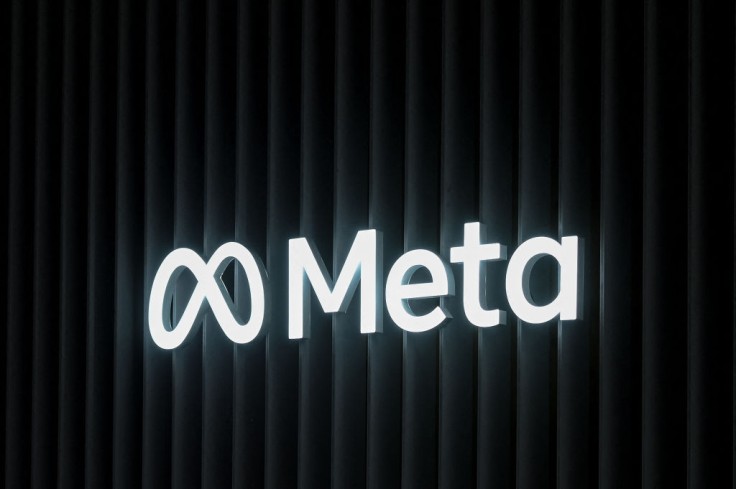
On Tuesday, Meta announced that it filed separate actions in federal court against a company and an individual for scraping data from Facebook and Instagram.
Octopus: What Is It and What Does It Do?
Meta said that in order to give paying customers access to on-demand scraping software and services, Octopus, a U.S. subsidiary of a Chinese national high-tech company, developed a cloud-based platform.
Customers can access a software and use its scraping services to visit any website. Customers pay a fee to use its cloud-based platform to conduct scraping attacks or to engage Octopus to scrape websites for them. The company offers to scrape information from sites including Facebook, LinkedIn, Twitter, Instagram, Target, Walmart, Indeed, Amazon, eBay, and Yelp.
According to a Engadget report, before starting to scrape all the data available to that person's accounts, this program first compromises the user's Facebook and Instagram accounts by giving their authentication information to Octopus. Every Facebook and Instagram acquaintance associated with a certain Octopus customer can then have their phone numbers, dates of birth, and other personal information obtained by the software.
By participating in unauthorized and automated scraping and attempting to hide their scraping in order to avoid being discovered and blocked from Facebook and Instagram, Octopus, according to Meta's lawsuit, violated both the Digital Millennium Copyright Act and the Terms of Service of the tech giant.
Ekrem Ateş: Who Is He and What Does He Do?
The company says defendant Ekrem Ateş, a Turkish-based individual, gathered data on more than 350,000 Instagram users using automated accounts, and he later posted that information on a number of clone websites where anyone could access it without the owners' permission.
In a separate Meta blog, the tech giant said it monitored more than 100 different clone sites in the first half of 2021. By mid-year, the known clone site ecosystem had been reduced by almost 90% thanks to the company's disruption activities.
What does a clone site actually do?
A clone site is a website that, without permission, duplicates and displays Instagram profiles, posts, and other information. Meta clarified that clone sites can be used for a variety of things, including showing off people's data that has been scraped, defrauding individuals, and harming the reputation of the actual site.
Using self-compromised accounts is one way used by clone sites to gather user information. This frequently occurs when users enter their Facebook or Instagram credentials into websites or applications that promise free likes, followers, or other benefits in exchange for their social media login information. The tech giant pointed out that none of these services are approved by Meta, connected to Meta, or supported by Meta.
Aside from using the official Facebook or Instagram websites and applications or the "Login with Facebook" button that the companies permit to use to authorized third-party developers, Meta advises users to never disclose their Facebook or Instagram password anywhere else online.
Meanwhile, the tech giant has taken several enforcement measures against Ekrem Ateş since February 2021, including blocking accounts, delivering a cease and desist letter, and denying him access to Meta's services.
Related Article : Meta Is Ending Support for Novi Soon After Just One Year









